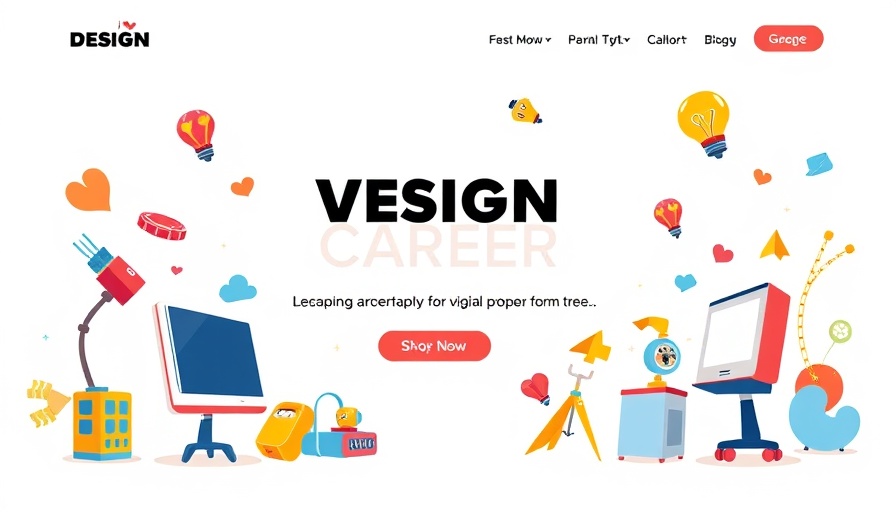
Your Past is an Asset
Every designer has a unique journey, often shaped by experiences both inside and outside the design world. For many, including myself, this path is not linear. My background in the fast-paced world of fine dining taught me valuable life skills, such as urgency, adaptability, and the ability to read and anticipate the needs of others. These experiences have proved to be invaluable as I transitioned into the design leadership sphere. This blend of skills informs my decision-making processes daily.
Transforming Adversity into Strength
Many designers view their unconventional career beginnings as obstacles. In reality, these detours can become your strongest assets. Just as a restaurant manager learns to juggle multiple demands in high-pressure situations, designers also must learn to navigate complex project demands and client needs seamlessly. These skills translate directly into effective design collaboration and project management.
Reading Subtle Signals for Success
In the restaurant industry, understanding the mood of customers is crucial. Similarly, in design, paying attention to clients' feedback—both verbal and non-verbal—can make or break a project. By sharpening your instinct to read cues from clients and colleagues, you create a more dynamic and responsive design process. This means not just meeting expectations but anticipating them, thereby fostering stronger collaborative relationships.
Applying Restaurant Skills to Design Work
There are several lessons restaurant work can teach designers. First, quick thinking is essential when faced with changing requirements or unexpected issues. Second, practicing active listening allows designers to engage better with team members or clients, ultimately benefiting the project's outcome. Third, embracing mistakes as part of the creative process can foster more daring design explorations. Ultimately, it’s about leveraging those non-design experiences to enhance your design skills.
Reflecting to Evolve
A crucial part of utilizing your past in design is reflection. Acknowledging which experiences shape your instincts and which hold you back is a continuous process. Embracing one's journey allows for growth, both personally and professionally. So take the time to reflect on your experiences; they are not just stepping stones but foundational elements that can lead to becoming a more empathetic and skilled designer.
Conclusion: Harnessing Your Journey
Your past experiences—regardless of how they may appear on the surface—hold immense value in shaping your design career. By embracing the lessons learned along the way, you can enhance your skills in collaboration, adaptability, and anticipation. Recognize that your unique journey offers you perspectives that can distinguish your design process from others, making you a more effective designer and collaborator. Reflect on your path, learn from it, and let it guide you into a successful future in design.
 Add Row
Add Row  Add
Add 




Write A Comment